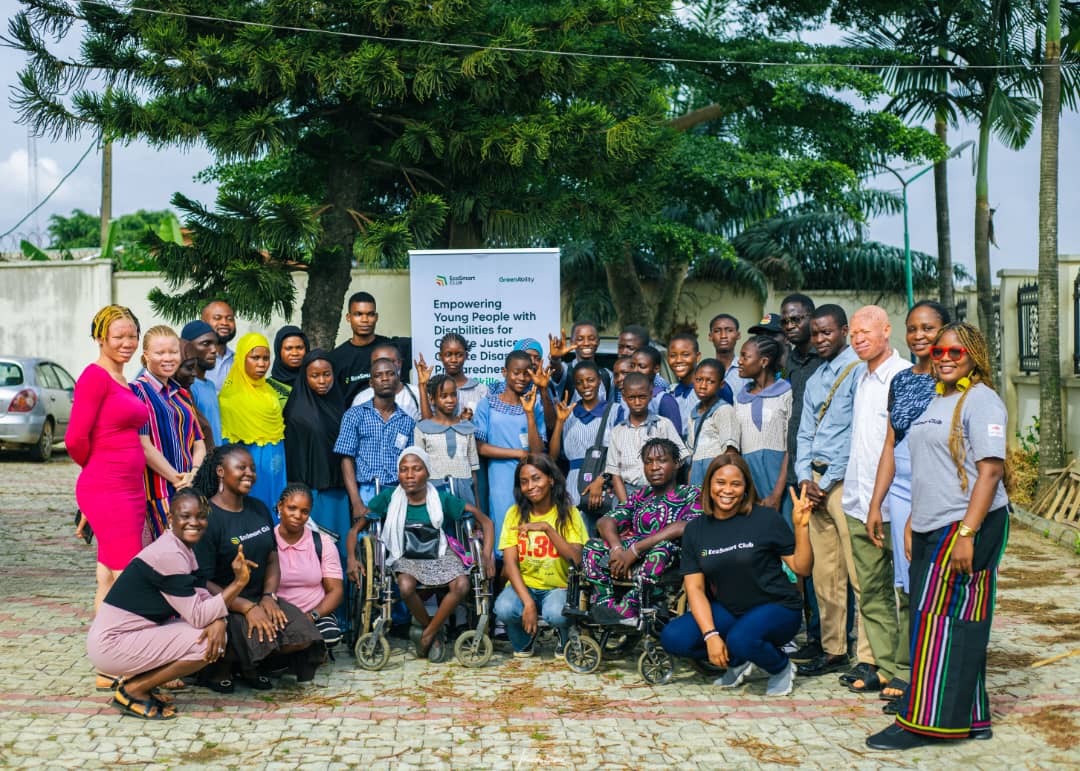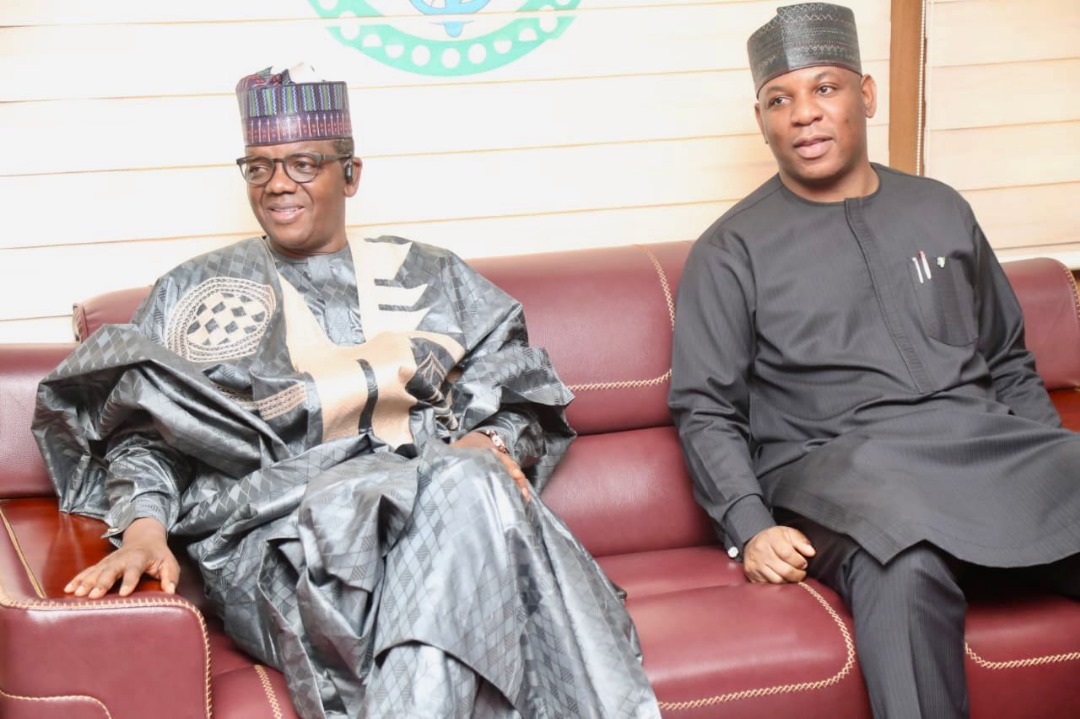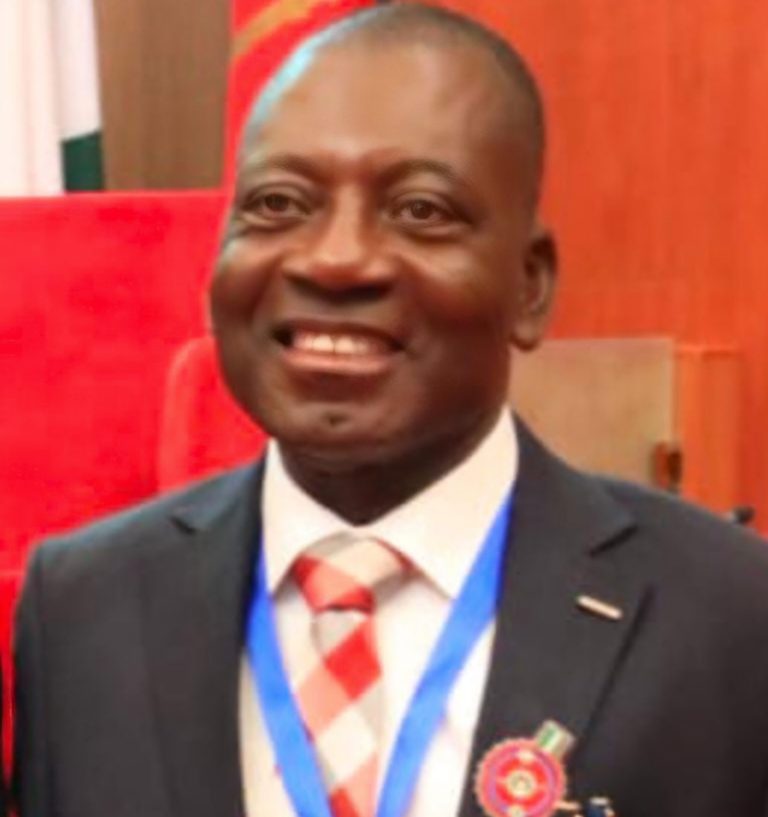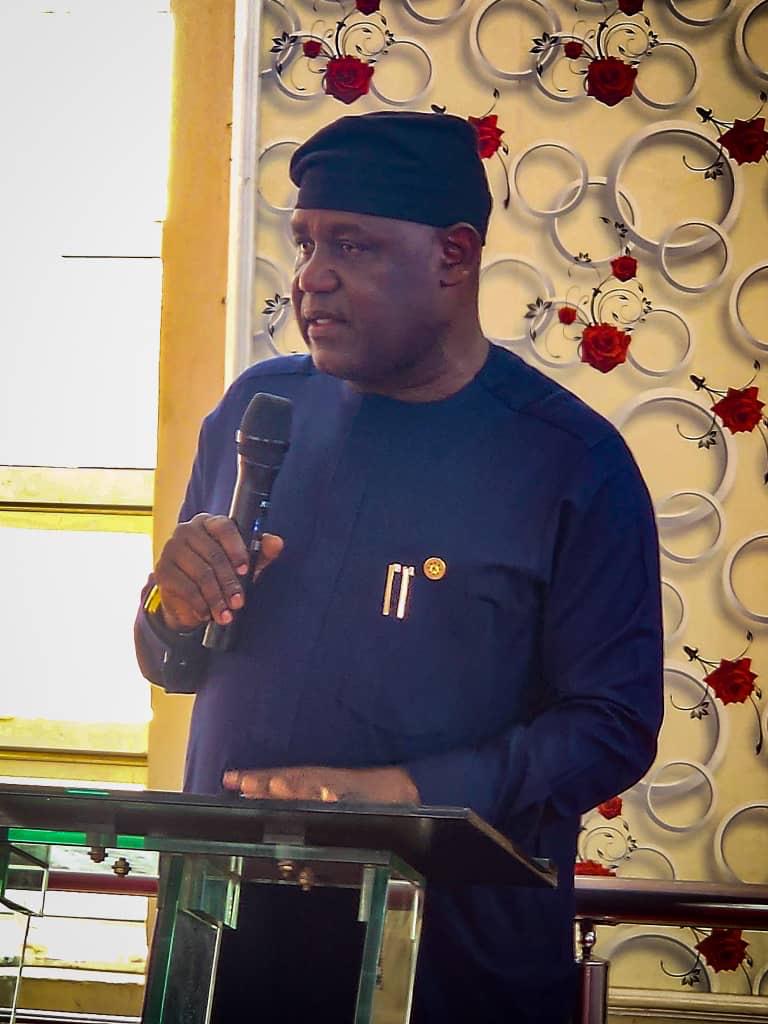E-Birth Registration: UNICEF lauds Lagos, pledges support for Nigerian children
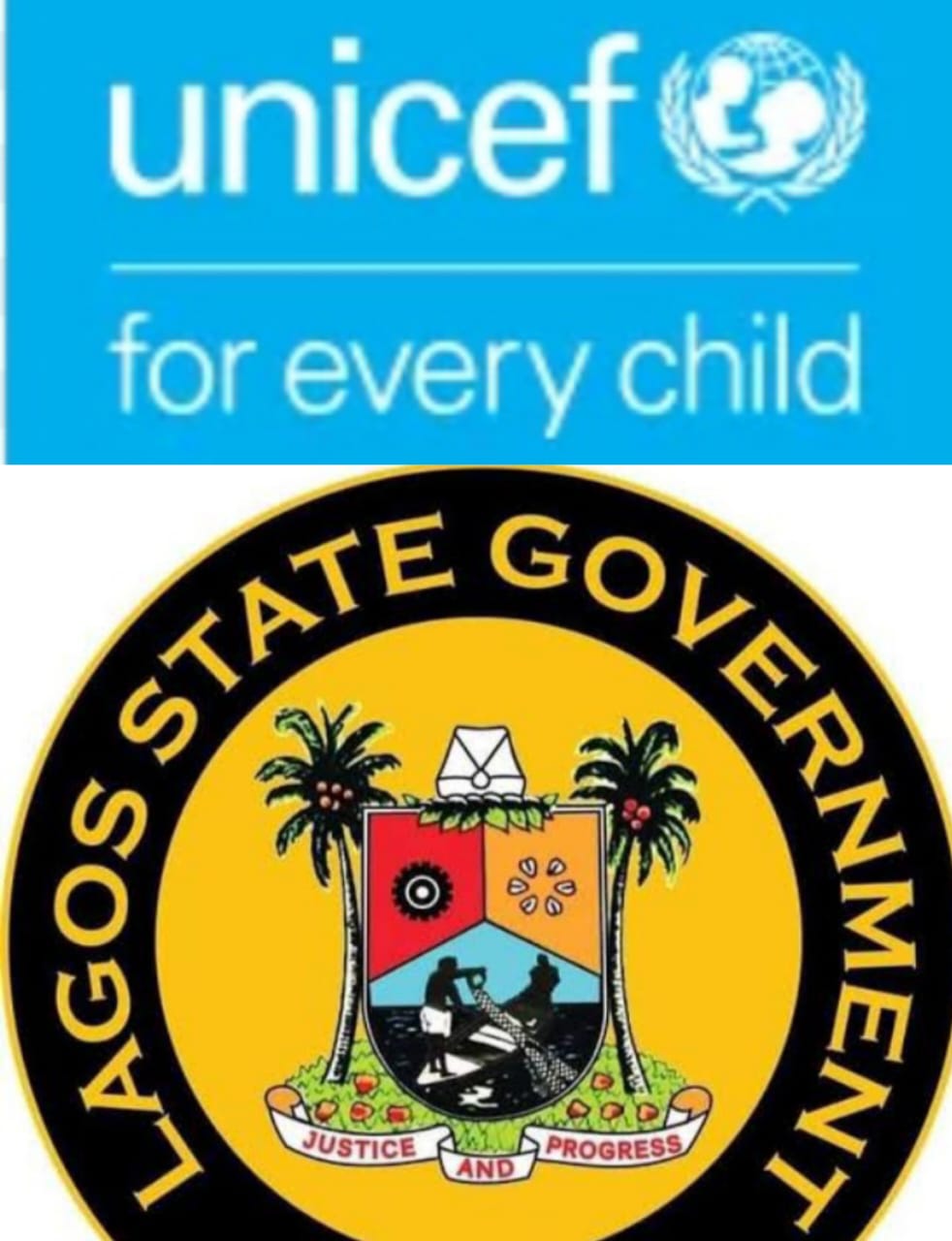
Lagos, Nov. 14, 2025. The United Nations Children’s Fund (UNICEF) has expressed gratitude for Lagos State’s E-Birth registration initiative, describing it as a fundamental right that grants children identity, protection, and visibility.
Ms Celine Lafoucriere, UNICEF Chief of Lagos Office, made the remarks during her keynote address at the official launch of the E-Birth Registration initiative in Lagos State.
According to Lafoucriere, true leadership goes beyond promises, but investing instead in systems, resources, and commitments that ensure every child is protected.
She said: ”together, we have demonstrated that collaboration delivers measurable results and ensures children are not left behind in Lagos. Birth registration is more than documentation.
“This is a fundamental right granting identity, protection, and visibility. Without it, children struggle to access healthcare, education, and essential social services.”
She highlighted Lagos’ remarkable progress, with 94 per cent of children under-five registered, reflecting deliberate action and Gov. Babajide Sanwo-Olu’s commitment.
Lafoucriere however noted that underserved communities still require targeted awareness and outreach, adding that “barriers persist for low-income families and informal settlements where parents lack knowledge or access.”
She said UNICEF remains committed to ensuring no child in Lagos is left unregistered or unseen, declared that training, equipment distribution, and strengthened systems across all 20 local government areas are in place to support full implementation.
The UNICEF official said the organisation aims to support the registration of 3.69 million Nigerian children in 2025, including 545,000 in Lagos alone.
She called on health, education, local authorities, and community leaders to integrate registration practices, raise awareness, support registrars, and enforce policies guaranteeing every child receives legal identity and rightful recognition.
In his remark, Gov. Sanwo-Olu said Lagos is building a smarter, inclusive city through digital access, social support, and physical renewal, to ensure every child is valued and residents benefit from responsive and transparent governance.
He added that the new e-birth registration system, launched in collaboration with the National Population Commission (NPC) and UNICEF, will assign every child a National Identification Number (NIN) from birth, improving data accuracy, planning efficiency, and promoting equitable growth across communities.
“With e-registration, every child receives a NIN from birth. Reliable data strengthens planning, supports development, and helps government understand community needs.
“This digital shift is the future of responsible governance,” the governor said.
Mr. Dennis Onoise, UNICEF Child Protection Specialist, explained that digital e-birth registration has replaced manual methods that previously limited progress.
He noted that Lagos now records about 94 per cent birth registration for children under five after three years of consistent digitisation.
Onoise highlighted that children under one year remain under-registered, confirming UNICEF’s target of registering 545,000 infants, aided by tablets, digital systems, and strengthened state-wide registration processes.
He added that Gov. Sanwo-Olu’s presence at the launch demonstrates strong commitment and would encourage compliance, particularly as schools increasingly request birth certificates before admission or continued enrolment.
“Registered children receive both a birth certificate and a NIN. Parents should ensure registration, as these documents are essential for travel, schooling, verification, and accessing critical services,” Onoise said.
He noted that children above five without certificates can still register through the National Population Commission, emphasising UNICEF’s key focus on registering under-one children early to secure their legal identity and long-term protection.
The E-Birth registration was an initiative by the Lagos State Government, National Population Commission, NPC, and the Association of Local Governments of Nigeria, ALGON supported by UNICEF.

